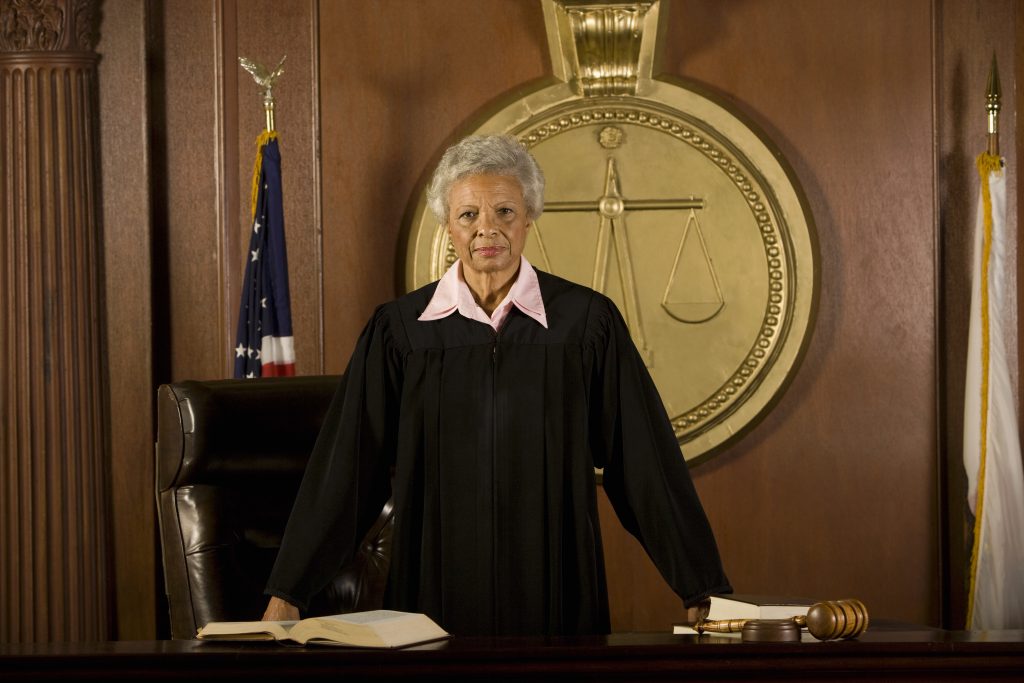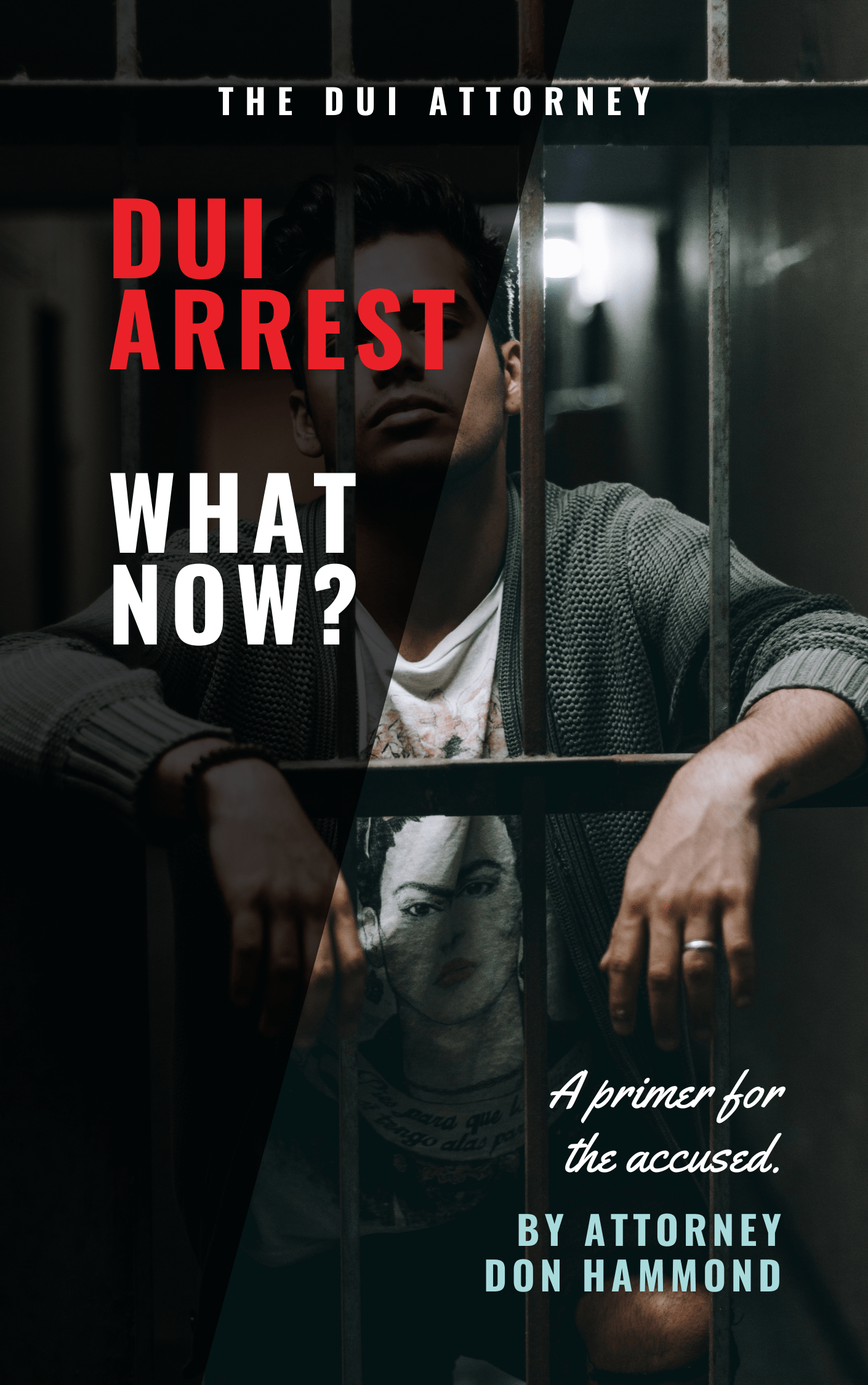
The first court hearing in a case is called an arraignment, which is when the defendant is advised of the charges against him or her and given the opportunity to enter a plea of guilty or not guilty. In the vast majority of cases, it is at the arraignment that the defense attorney will be handed a pile of paperwork that includes the police report, chemical testing result, and other documents related to the investigation and prosecution. Very often we will request to continue the arraignment for a couple of weeks or a month in order to review everything and decide whether to enter a guilty, not guilty, or no contest plea.
In every case, I will want documents that are not included in the initial packet, such as the audio recording, dashboard video footage, body camera footage, and officer training records. If the case involved a blood draw, then I will want the licensing documents for the nurse or phlebotomist who drew the blood, as well as maintenance and calibration records for the chromatograph and all of the equipment that they used at the lab. I will need all of this information prior to deciding whether to resolve the case or put up a fight.
For these reasons, it is not uncommon to initially enter a plea of not guilty in a case. Regardless of whether we continue the arraignment or enter a not-guilty plea up front, it won’t be the final result of the case. We may fight various issues for several months or all the way through trial. Entering a not-guilty plea will not fast track us to trial; there are a lot of intermediate steps and opportunities to change that plea. However, if we show up and enter a plea of guilty or no contest, then we will have waived the opportunity for further investigation. I almost never resolve a case at the first appearance because there
are always additional considerations that should be made in order to get the best result for the client.
What Happens After The Plea Of Guilty Or Not Guilty Is Entered?
If the defendant pleads guilty, then they’ll be sentenced. A defendant has a right to a delay in sentencing, but most of the time that delay will be waived and we will agree to being sentenced immediately. A first-time misdemeanor DUI is typically accompanied by three years of summary probation, fines, a DUI class, and other probation conditions, all of which are up for negotiation before entering the plea.
If the defendant enters a plea of not guilty, then the case will be set for a pretrial conference four to six weeks out; a trial date won’t be set unless we want to force the issue. In some cases, we will want to enforce our speedy trial rights under the Constitution and California statutes, which push the government to take the case to trial quickly. In other cases, we will want to delay to make sure we have everything that we need in order to put on the appropriate defense.
At the pretrial conference, we’ll negotiate with the prosecutor and may file a motion to suppress evidence, a motion to dismiss the case, a motion to get documents out of an officer’s personnel files, or a discovery motion in the case that we suspect the government is hiding discovery. We want to make sure that we get everything that we’re entitled to under the Constitution and under California law.
In some cases, we may want to send a private investigator to talk to witnesses to a crash or look for camera footage on the street at a nearby establishment. I once handled a case wherein my client wasn’t sure whether he was driving at the time of the crash, but was pretty confident that a woman was driving (by the way, not remembering whether or not one was driving is probably not a good sign). I was able to obtain video footage from a nearby refinery which showed that he was driving at the time of the crash. In other cases, I’ve obtained camera footage which proved that the defendant was not driving, which resulted in immediate dismissal. This type of evidence can certainly tell us the truth, whichever way that goes. In many cases, it can lead to very hopeful results.
Do People Assume That If They Are Facing DUI Charges In Southern California, They Should Plead Guilty Because They Will Never Win Their Case?
I would say that at least 90 percent of people have the misconception—as I once did—that if they have been charged with DUI, there is no way around the test results nor the government’s process, and therefore no way to avoid a conviction. Even those who believe they are not guilty of DUI often think that fighting the government is a lost cause. In many ways, this is the reason I brand myself as the DUI and criminal defense hero. The government has nearly unlimited resources to pursue someone who is accused of a crime, including police departments, district attorneys, and judges. On the other hand, a defendant has only one person: the attorney of their choice. For this reason, the decision of whom to retain as an attorney is a critical one. Having the right attorney leads many people to realize that the police don’t always do it right, but instead commonly make errors that could result in the suppression of evidence or even the dismissal of a case.
Equipped with a thorough understanding of the science behind DUI cases, I can identify the problems and demonstrate that I would have a strong case to present to a judge or jury. As a result, there will be a much better plea bargain on the table than the defendant would get if they were to hire an attorney who doesn’t understand the science, and therefore couldn’t identify important errors. Incorrect administration of field sobriety tests, omissions of information in the police report, and so many other mistakes can have a huge impact on a case.
Many clients will admit that they screwed up and just want to mitigate the consequences as much as possible and move on with their lives. When I am presented with these types of clients, the first thing I do is request the body camera footage and police report in order to identify any flaws. Next, I will present those flaws to the prosecutor in order to negotiate the best deal for the client. At the same time, I will manage the administrative per se action with the Department of Motor Vehicles (DMV) in order to mitigate the impact on the driver’s license. Even if someone is 100% guilty, there are many advantages to hiring an attorney who understands DUI law and can act as a conduit for resources that might be appropriate. For example, if a client wants to address an underlying problem that may have led to the DUI, such as alcoholism, then the right attorney will be committed to connecting that client with the necessary resources.
I always take a person-first approach, which aims to address the client’s underlying issues and help get them on the right track for moving forward and being productive. The byproduct of this is that it can be helpful on the legal side in terms of mitigating the consequences of the DUI conviction. When a client actively seeks assistance in
addressing their own problems, it shows that they are able to accept responsibility for their own actions and are already taking positive steps in the right direction. It can be argued that allowing the client to continue in that positive direction (rather than putting them in jail, for example) will yield the best benefit for them and for society.
For more information on Entering A Plea Of Guilty/Not Guilty In a DUI Case, an initial consultation is your next best step. Get the information and legal answers you are seeking by calling (323) 529-3660 today.










